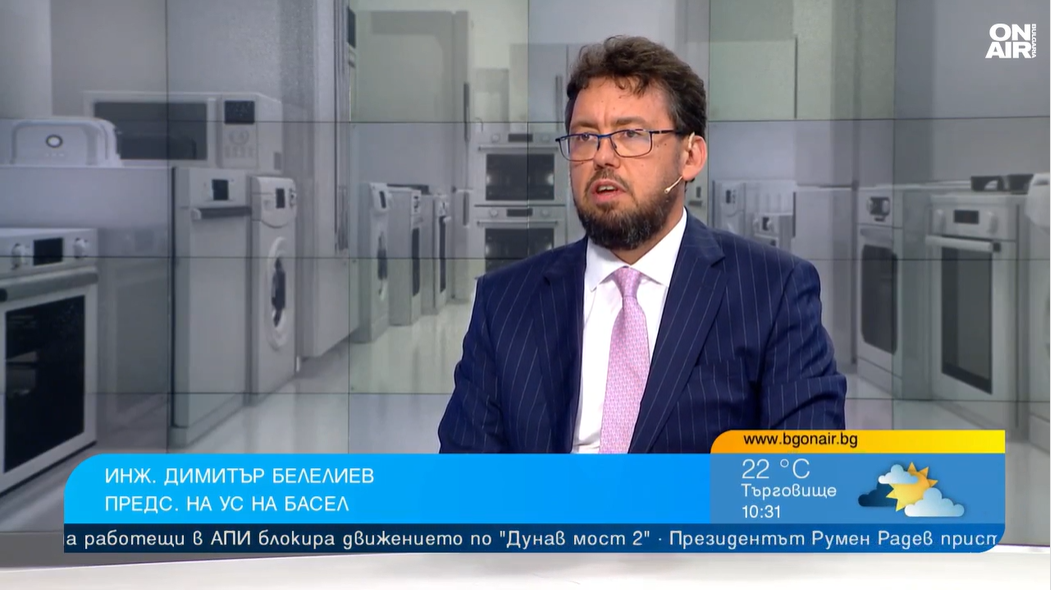Are white and black appliances becoming more expensive due to higher ecotaxes?
“Ecotaxis are not new, they have been around for a long time,” noted Dimitar Beleliev
Although public attention has recently been focused on the “new” eco-taxes, in reality these taxes have existed for years and are part of European environmental policy. What is coming from July 1 is not the introduction of a new tax, but a significant increase in its values – in some cases by up to ten times.
“Ecotaxes are not new. They have been around for a long time. They are under a European directive. “This does not mean that Europe is bad. They are for all countries. Each country independently determines the level of fees,” explained the chairman of the Bulgarian Association of Electrical Engineering and Electronics, Dimitar Beleliev, in the studio of “Bulgaria Morning”.
Ecotaxes are collected for products such as electronics, electrical appliances, and other goods that eventually become waste.
Market control and inequality
“In Bulgaria, almost no one pays the fees. The big chains pay it, the big importers pay it, those companies that work illegally. The very control of the payment of these fees is the responsibility of the Ministry of Environment, which you understand yourself is not a control ministry, nor does it have control functions,” Beleliev noted on Bulgaria ON AIR.
As an example, he pointed to the situation in Romania, where the ecotax appears clearly in every receipt as a separate line. This ensures that it has been paid and accounted for. In our country, such transparency is lacking, and control functions are assigned to the Ministry of Environment, which does not have the necessary capacity for mass inspections. This leads to inequality in the market – some companies comply with the law and pay, others do not.
Impact on prices and proposals for change
The increase in taxes is expected to affect end users as well. For example, a mid-range washing machine could become more expensive by around 30–40 BGN as a result of the new eco-tax levels. Whether this amount will be included in the final price or borne by the retailer will depend on the specific strategy of the seller.
The problem is not limited to new goods – eco-taxes also apply to second-hand equipment, as long as it is imported from abroad. For already used equipment purchased in Bulgaria, no tax is charged, as it was already paid when the product was initially placed on the market.
“What we as an association want to offer to all interested departments is to increase the base on which they are paid. When everyone pays, more money will be collected and fees will be reduced for everyone,” Beleliev added.
Source: Bulgaria ON AIR



